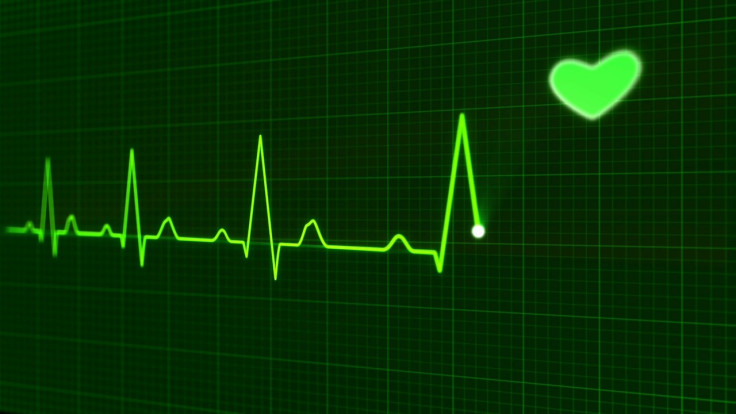Coronavirus update: German study finds some COVID-19 patients with heart issues
Researchers from Germany looked at the heart conditions of recovered patients and found some suffering from inflammation.
A new German study on coronavirus patients who recovered from the disease showed that there was a significant number of patients who developed heart conditions such as inflammation and cardiac involvement.
The study titled, 'Outcomes of Cardiovascular Magnetic Resonance Imaging in Patients Recently Recovered From Coronavirus Disease 2019 (COVID-19),' published in JAMA Cardiology on Monday, was led by Dr Valentina O. Puntmann, Deputy Head of Department and senior clinical investigator at the Institute for Experimental and Translational Cardiovascular Imaging at the University Hospital Frankfurt in Germany.
The subjects of the study were from the University Hospital Frankfurt COVID-19 Registry between the months of April to June. Using cardiac magnetic resonance (CMR), the researchers looked into the heart condition of 100 patients who previously had bouts with COVID-19. The CMR revealed that 78 of the patients had cardiovascular involvement while 60 patients exhibited myocardial inflammation. These findings were independent of any pre-existing medical condition that the patients may have had.
The researchers also found detectable levels of troponin in 71 patients. Troponin is a type of protein that could be found in the heart muscles. Five patients showed high levels of the said protein, which indicates damage to the heart. The authors also noted active inflammation in patients with "severe findings." The latter set of patients underwent biopsies of heart muscle tissue.
The authors said that their study gives an important insight into the prevalence of cardiac involvement in patients during the early convalescent stage. Their findings show that even patients who may not likely suffer from a pre-existing heart condition, and even did recover mostly at home, still indicated frequent cardiac inflammatory involvement. Surprisingly, their heart conditions showed similarity in terms of severity to that of the subgroup who were hospitalised.
One limitation of the study that the authors noted was that the results were not validated for use in younger patients, aged 18 and below. The patients neither represent asymptomatic COVID-19 patients, nor those who are in the acute COVID-19 infection stage.
Due to the findings of the study, the authors see the need for further investigation into the long-term cardiovascular effects of COVID-19. At the moment, the long-term effects cannot yet be determined. What most of the imaging findings indicate is an ongoing perimyocarditis after an infection from COVID-19.
© Copyright IBTimes 2025. All rights reserved.






















